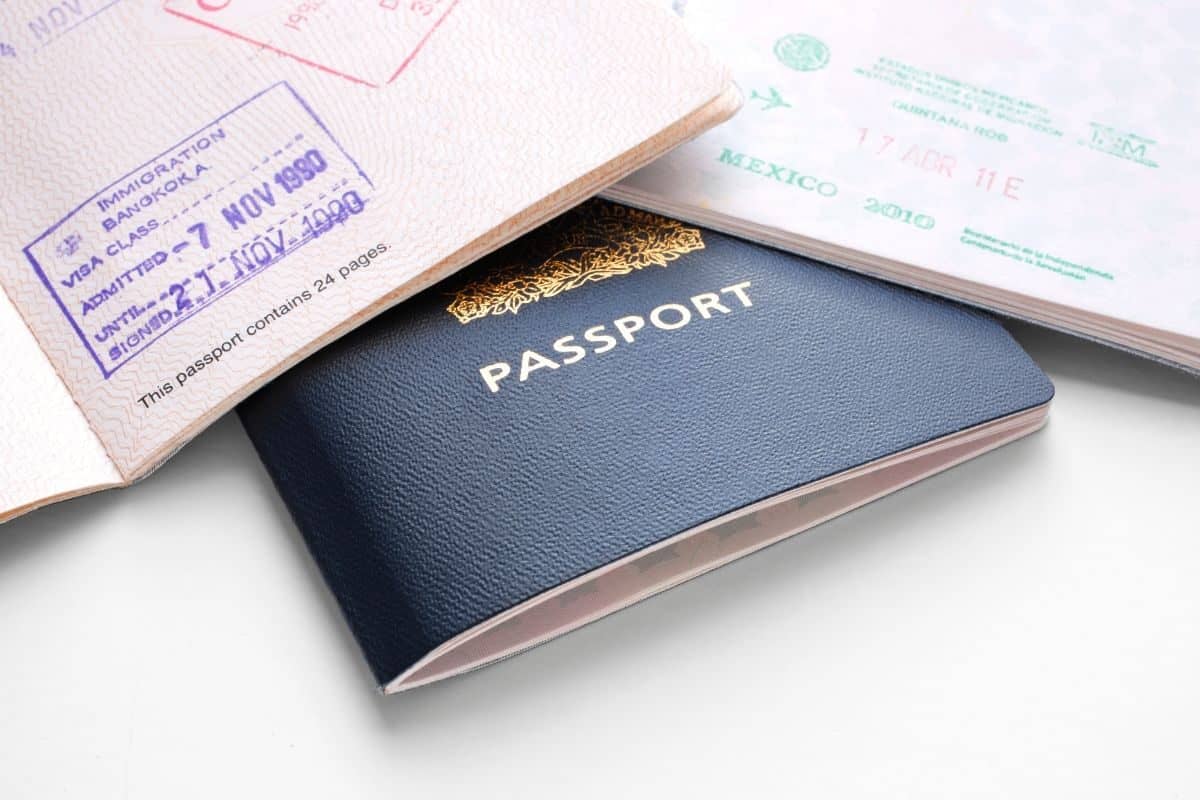There are a lot of misconceptions when it comes to the value of a second passport. Contrary to popular belief, it is not for people who simply want to avoid paying the taxes back home or in the country of origin.

Whether you are applying for yourself or your entire family, there are many benefits to be gained from second citizenship programs, which include the following:
- Access to financial options – A second passport offers access to banks and international financial services in other countries.
- A safe haven – If a major political or economic crisis occurs in your home country, a second passport provides you a secure place where you and your family can go.
- Ease of travel – The strength of your passport determines the number of countries you can visit. When you own a stronger passport, you can go to more countries visa-free.
- Business opportunities – By becoming a citizen of a different country, you can expand your business and have access to a broader market.
- Education opportunities – As a citizen, you and your family will have access to the many educational opportunities in the country. The same goes for health care services.
A growing number of countries are offering programs that allow investors the opportunity to get a second passport by investment. With the options available, applicants need to carefully consider several factors to determine which one is most suitable for their individual needs. Before you shell out thousands of dollars of your hard-earned money, take note of the following considerations.
1. Can you hold two passports?
Surprising as it may seem, not all countries allow their citizens to hold dual citizenships. Think carefully about this aspect as it determines whether the citizenship is worth getting.
A Singaporean passport, for instance, is one of the strongest in the world. However, citizens are not allowed to hold dual citizenship. If obtaining a second passport is really your goal, you will need to look for a country that allows for dual citizenship, even if the passport is not one of the strongest.
Remember that a second passport offers several opportunities in terms of education, businesses, and health care benefits. By renouncing your citizenship, you will no longer get access to your home country’s benefits. Furthermore, if a crisis occurs in your new country, you will no longer have the option of going back to your country of origin.
2. Is it a friendly nation?
Some nationalities have a negative reputation in other countries, which makes it more difficult for them to obtain travel visas, even though their passports may allow them visa-free travel. American citizens, for instance, are not always welcome in some countries. As such, some of its citizens apply for a second passport to make traveling around the world more accessible.
A Romanian passport, on the other hand, may not be considered highly valued, even within the European Union. The passport is not at the same level as a US passport. However, a Romanian passport offers visa-free travel to any of the other states within the European Union.
Furthermore, there are rarely any issues with Romanian citizens, in general, or their country. As such, you may find it easier to apply for a visa as a Romanian than as a US citizen.
3. Taxes imposed on citizens & residents
There are four types of taxes imposed on citizens and legal residents:
- Taxes imposed on citizens and legal residents on all income, regardless of where they currently reside. The US falls under this category as all its citizens and green card holders are required to pay taxes no matter where they are working.
- Taxes imposed only on residents based on their worldwide income. This type of tax is sometimes referred to as a physical presence tax system. Japan and Australia are two examples that follow this system.
- Taxes imposed on citizens and residents based on their worldwide income. Foreign residents are not required to pay taxes in this category. Saudi Arabia falls under this category.
- Taxes required from residents for local income but not their worldwide income. Panama, Singapore, and Hong Kong fall under this category.
Places such as Panama make it easier and cheaper for residents to pay their taxes. Digital nomads, for instance, can stay there for a few days and use their tax system for reporting purposes instead of the system imposed in their home country.
4. Cost and payment requirements
For most applicants, the cost is a significant factor in determining the best program that offers a second passport. Most citizenship by investment programs (CIPs) demand a considerable investment costing hundreds of thousands of dollars. You might even need to maintain that investment for a few months or years in a local bank before you become eligible.
In some cases, the payment may even be non-refundable. This may be expected when donating to the local government’s development fund. If the program requires visits or a minimum residency period, you will need to factor in those costs as well.
If you are interested in learning more about CIPs (perhaps you are interested in putting together your Antigua citizenship application), contact an experienced consultant today to know your options.
AUTHOR BIO
Kal Kennard is a Partner at Citizens International, a white-glove specialist firm offering private client services necessary for citizenship investment into the Caribbean, North America and Europe. Based in the Caribbean for the past 15 years, she is an experienced consultant who works directly with many professional partners and advises clients worldwide.
